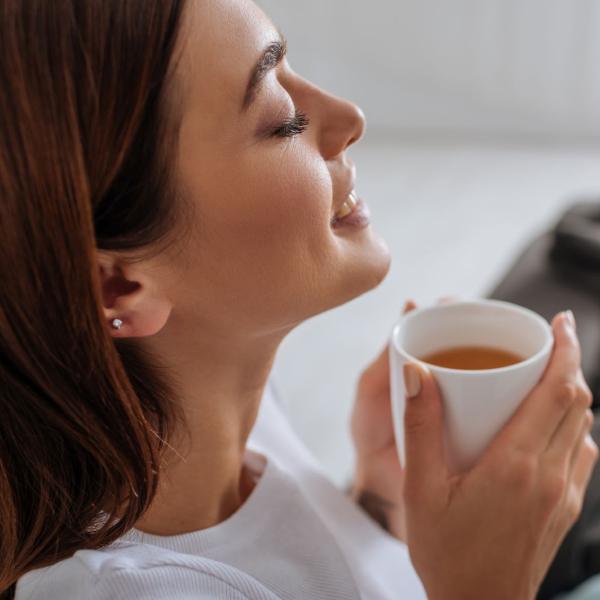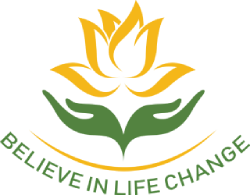What is mindfulness?
Mindfulness is the practice of paying attention to the present moment. With openness, curiosity and without judgment.
It’s about being aware of what’s happening right now. Your thoughts, feelings, bodily sensations, and surroundings.
As opposed to getting lost in memories of the past or worries about the future.
Mindfulness is practice of coming back to the present moment, with kindness and curiosity.
This gentle awareness brings a sense of calm when life feels overwhelming.
There are so many benefits of practicing mindfulness?
Here are a few..
- Finding calm and peace of mind by learning to live in the present moment.
- Managing chronic conditions such as anxiety, stress, depression, chronic pain.
- Nourishing happiness by learning to turn towards the good in our lives.
- Recognising and accepting our emotions with kindness self-compassion.
- Supportive of addiction recovery. Turning towards not away from ourselves.
- Cultivating the pause to enable wise choices
- Increase focus and concentration
- Clarity of purpose
- Nurtures self-awareness, acceptance, kindness and compassion
- Fosters better relationships with self and others
A personal experience

When I first experienced mindfulness I was broken. I was stressed, anxious, drinking too much.
My mind was not a calm place. I was constantly ruminating over the past or worrying out the future.
I felt isolated and alone. I was in a world of pain and life had spiraled out of control.
I was falling into a pit of despair when I joined an eight week mindfulness course. It gave me hope.
It showed me that I could have peace of mind. How to learn to be with my emotions. It was the start of a life changing journey.
Years later I have taken several courses including a 2 year teacher training pathway. I practice daily and mindfulness continues to nourish me.
The practice of mindfulness gives me the ability to look at and appreciate the beautiful gifts I have. The glorious nature around me.
The practice of meditation enables me to slow down and just breathe. To appreciate being alive. To reconnect with myself. To make wise choices.
Today, I am sober and healthier both physically and mentally than I have been for years.
I feel so grateful to be alive and have a second chance of happiness. My mind is mostly calm and I feel peace, contentment and joy.
With so much gratitude and thanks to all my teachers, too many to mention.
I offer mindfulness coaching and 2 x eight week mindfulness courses.
Both courses I offer are approved by BAMBA ( British Association of mindfulness based approaches ) I am a registered teacher.
Mindfulness for Life is a structured teaching of mindfulness delivered as a wonderful fusion of East meets West, a course that teaches ‘mindfulness with heart’ influenced by the teachings of Thich Nach Hanh.
Suitable for beginners as well as those wishing to deepen their practice, the course will guide you on a journey of depth and self-awareness, nurturing qualities of acceptance, kindness & compassion that improve your relationship with yourself and others.
Mindfulness Based Addiction Recovery (MBAR) is a mindfulness-based approach to promoting recovery from addiction and understanding relapse.
Develop awareness of personal triggers, learn to recognise challenging emotional and physical experiences and respond to them in skillful ways and foster a non-judgemental compassionate approach towards ourselves and others.

Meditation is a practice of training the mind and heart to become more present, steady, and open.
It’s about pausing, finding stillness, and anchoring attention. On the breath, the body, or sounds. When the mind wanders (as it naturally does), we simply notice and return, again and again, with kindness.
Meditation is a way to reduce stress, quiet a busy mind, and build resilience. Scientific studies show that regular practice calms the nervous system. Also improves focus, and supports emotional healing.
Meditation doesn’t mean “emptying the mind” or trying to make everything quiet. It’s about learning to meet each moment as it is, with gentle awareness. Even a few minutes a day can make a difference.
Why not try it now? You don’t need to sit cross legged, just comfortably.
A 2 minute Meditation
Find a comfortable position, sitting or lying down.
Close your eyes if you like, or soften your gaze.
Notice the natural rhythm of your breathing, without trying to change it.
Take a slow breath in… and a gentle breath out.
When thoughts or feelings arise (and they will), simply notice them, then gently guide your attention back to the breath.
Stay with this for a few breaths, or as long as feels good
Well done! Even a few minutes of practice can bring more calm and clarity into your day.
Scroll down for a longer guided meditation or click here
What science tells us?
In neuroscience, mindfulness is understood to be a mental skill. One that strengthens attention and emotional regulation.
Research shows that practicing mindfulness can reduce stress, anxiety, and depression. Also improving focus, resilience, and well-being. Brain imaging studies show that regular practice changes activity in the brain. Specifically the prefrontal cortex and amygdala.
The areas of the brain determine levels of self-awareness, empathy, and emotional control.
Mindfulness is a practical, evidence-based tool for improving mental health and cognitive functioning.
Mindfulness has it’s roots in Buddhism
In Buddhism, mindfulness is one of the core elements of the Noble Eightfold Path. The path that leads to liberation from suffering.
Mindfulness is about cultivating wisdom and compassion, gradually loosening attachment and aversion.
To be aware of the body, feelings, mind, and mental patterns. To notice their impermanent nature
It is a path to insight into reality as it truly is.
Mindfulness for Healing
Recovering from trauma can feel overwhelming at times, and small moments of calm and awareness can make a real difference. Mindfulness helps us gently reconnect with our bodies, emotions, and surroundings, creating tiny pockets of safety and clarity in our day. These simple practices aren’t about “fixing” anything—they’re about giving yourself permission to pause, notice, and be present, one small step at a time.
It is easier to learn mindfulness with a trusted teacher. To be guided in a structured way on an eight week course. Below are some of the practices you will become familiar with. Along with learning to meditate in a supported way.
Mindfulness Practices

Mindful Walking
Try noticing the feeling of your feet touching the ground. The rhythm of your steps and the sounds around you.
Try it: on your next short walk, slow down just a little and feel each step.
Mindful Eating
Taking time to really notice your food. The colors, textures, and flavors. Eat slowly, one bite at a time.
Try it: choose one snack or meal today to eat without distractions like phones or TV.
Mindful Listening
Giving someone your full attention when they speak. Listening to their words, tone, and body language without planning your reply.
Try it: in your next conversation, simply listen all the way through before responding.
Mindful Breathing Pause
Pausing at any moment in your day to notice your breath. Slowly in, gently out. Inviting your body soften as you exhale.
Try it: before sending an email or making a call, pause for one mindful breath.
Mindful Everyday Tasks
Bringing awareness to small daily activities. Washing dishes, brushing teeth, or making tea. Noticing each movement, sound, and sensation.
Try it: tomorrow morning, brush your teeth as if it’s the very first time.
.
Enjoy a 20 minute guided meditation
Inviting you to take a relaxing self-care break and try this meditation. It will help you become more present with your experience in this moment.
.
DB reviews the Mindfulness for Life course
An experienced practitioner, DB reviews his journey on the eight week mindfulness course.
